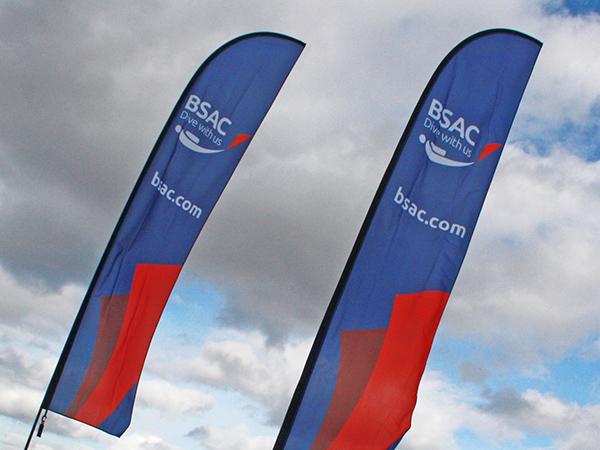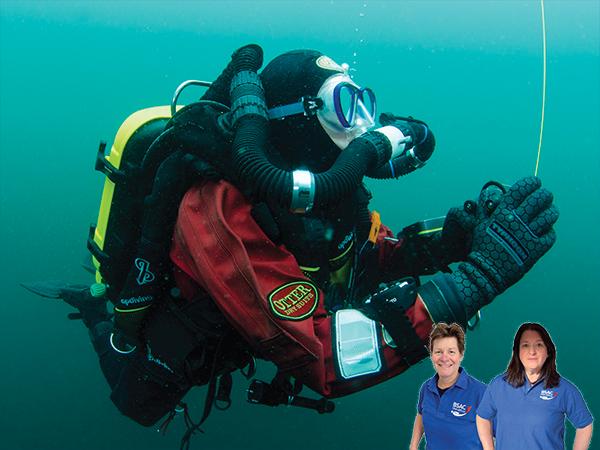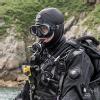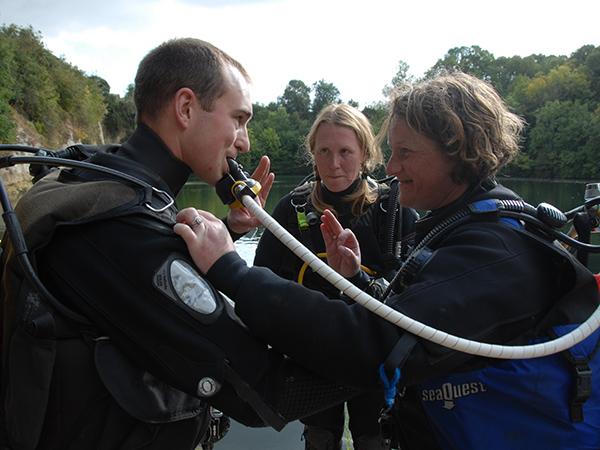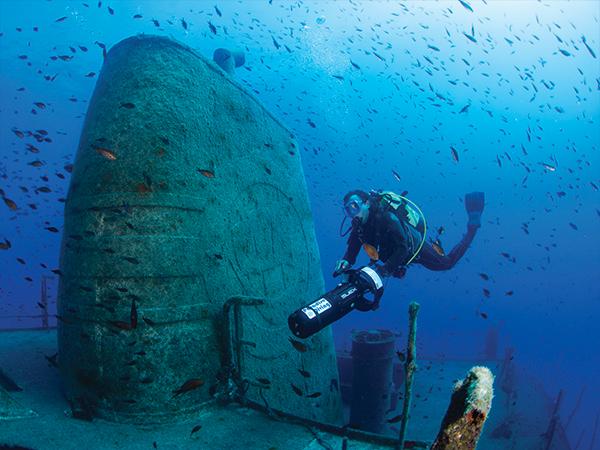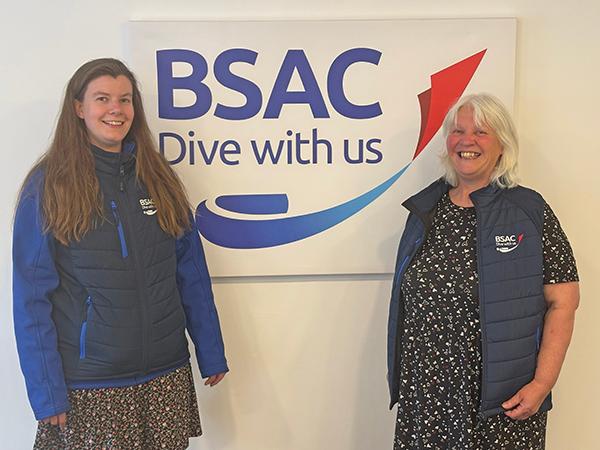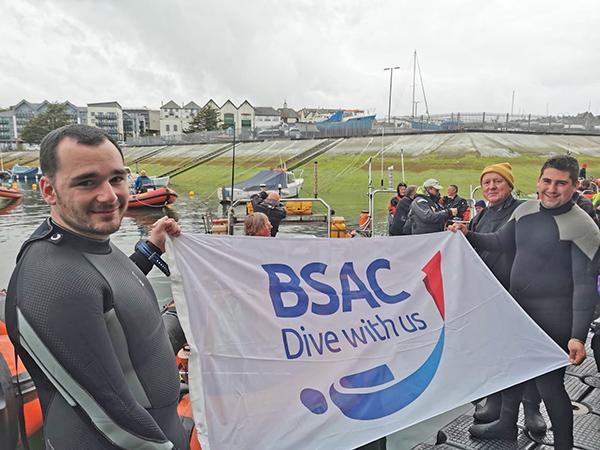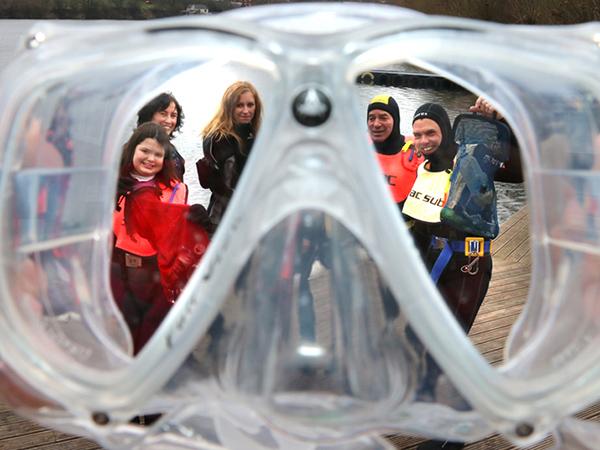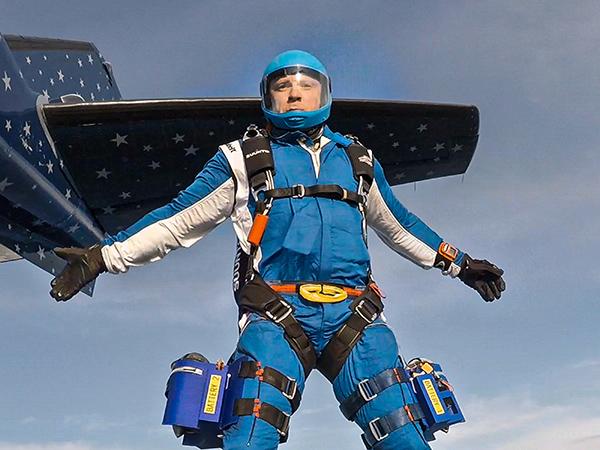Being competent to assess a developing situation and effect a successful rescue is a truly lifesaving skill. Holders of the Lifesaver Award have demonstrated their lifesaving proficiency in diving and non-diving situations.
I want to play an active role in my club and ensure that on dive trips, I could be an effective part of the team in an emergency. Lifesaver has really added to my first aid knowledge as well as my practical rescue skills in a range of situations.
- Andy Bedwell, Aylesbury Ducks
As divers we all find ourselves in or around water and if you want to build on your core first-aid and lifesaving skills, not just in a diving environment, this award is for you. It will recognise your advanced rescue skills, relevant to both sheltered and open-water situations.
To enrol on the Lifesaver Award you must have already successfully completed an Ocean Diver course (or have equivalent certification from another recognised training agency) and be a minimum of 12 years of age.
Additional training before taking the exam is optional. Your instructor could include a series of lessons designed to cater for the needs of the students. For example, Ocean Divers may require additional training in basic-life-support skills not included in their diver grade training.
All participants may need training for the throwing exercises and swimming rescues, which are not included in the Diver Training Programme. Many students will welcome the feedback from a mock exam to refresh their skills before the exam.
What you’ll be assessed on
The Lifesaver Award assesses your lifesaving proficiency and diver-rescue skills within a pool or sheltered water environment, covering rescue methods suitable for use from shore or boat. You need to pass an examination with two sections – a dry theoretical and practical test and a wet practical test. Lifesaver theory covers the human body, diver rescue and basic life support; Lifesaver in-water skills include towing and throwing rescues.
The Lifesaver Award is recognised by many agencies and local authorities. You will be learn to diagnose cardiac arrest, carry out basic life support for three minutes and demonstrate the action for a vomiting casualty and the recovery position.
Rescue techniques examined include a 10-metre rope-throwing rescue and a 10m buoyant-aid rescue and tow. You will show you can rescue a snorkel diver, and then a scuba diver, and tow them 50m, perform a 25m rescue swim and 10m tow of a swimmer, and complete an in-water endurance test supporting an unconscious casualty.
Not a member yet?
- Enquire now to get started
Members:
- Option 1: Train with your club - Log in to MyBSAC to buy digital training packs or eLearning in the BSAC Shop
- Option 2: Book onto a scheduled Lifesaver Award Course
- Option 3: Train with a BSAC Training Centre
After this assessment you could further your training by doing other Skill Development Courses (SDCs).
You could further your safety and rescue training by completing the following SDCs.
- Take your lifesaving skills to the next level by taking the Advanced Lifesaver Award.
- Learn to use what’s around you on a dive site to deliver first aid on a First Aid for Divers course.
- Learn to use an automated external defibrillator on an AED course.
- Learn to use oxygen first aid on an Oxygen Administration course.
- Learn how to take control of a recuse situation on a Practical Rescue Management course.
If you are already a Sport Diver you could sign up for BSAC’s Instructor Foundation Course (IFC) to become an Assistant Diving Instructor, or develop your existing skills as an Open Water Instructor, or above, to become a Lifesaver Award instructor.
Or you could progress with your diver grade training.
Not yet a BSAC member?
You can do this course by joining BSAC directly or joining your local club.
If you need a hand send us an enquiry and we'll help you find the right scuba club for you.

